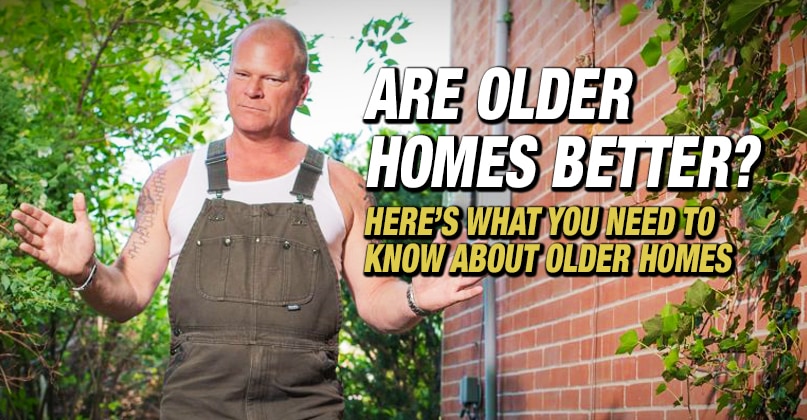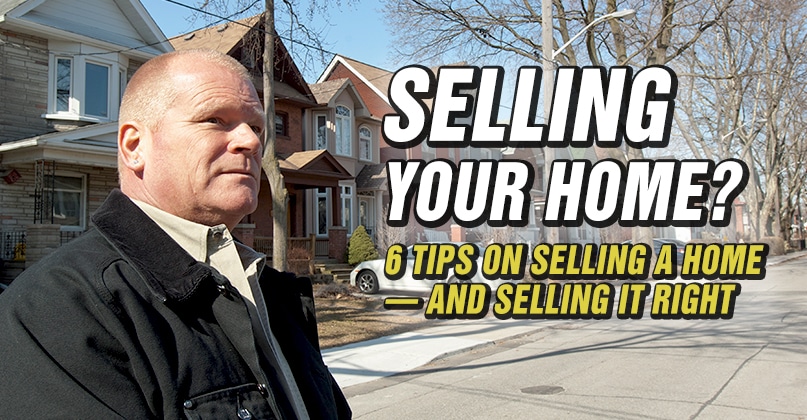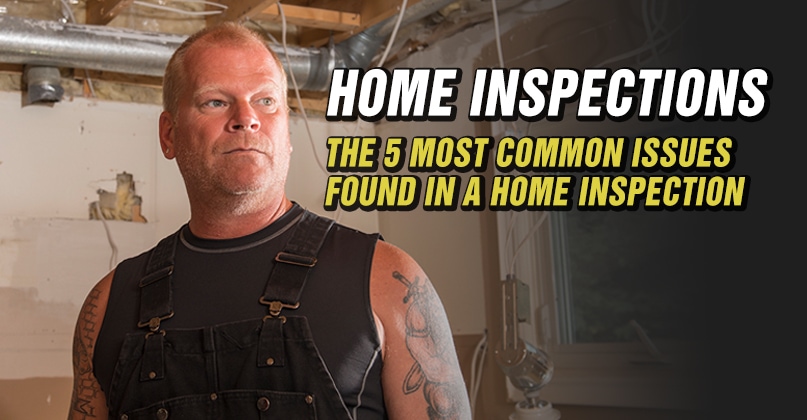I love exploring new technology—especially when it genuinely improves how we work in construction—and I recently came across one that truly impressed me, iGUIDE by Planitar Inc. In my...
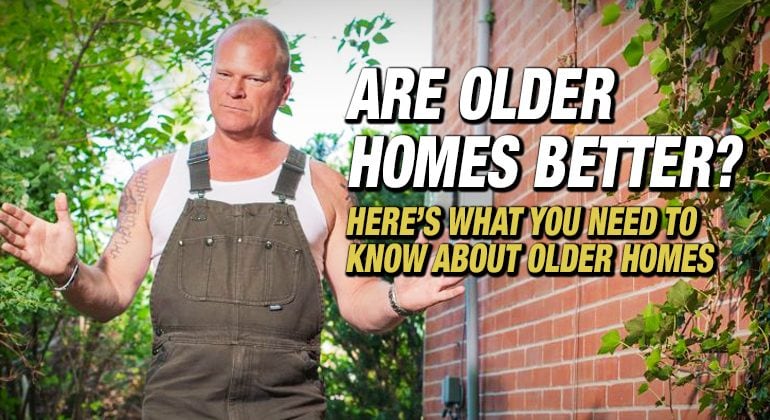
Are Older Homes Better? Here’s What You Need To Know
By Mike Holmes
Mike’s Advice / Buying & Selling Your Home
Monday, April 23rd, 2018 @ 12:33am
They say they don’t build them like they used to. But were older homes built better than the homes going up today? Was there real craftsmanship going back 50 or 100 years ago that we don’t see anymore? Well, it depends.
Older cities like Toronto, Montreal and St. John’s have homes over 100 years old. Some of these homes are still standing – others barely.
But if you’re interested in buying an old house, it’s important you know what the neighbourhood was like when the house was built. Why? Because this can give you a rough idea of the state of the property.
Just like today, there were more affluent neighbourhoods than others. Not all of the original owners of century homes had money. Some of them couldn’t afford skilled builders and labourers. Others couldn’t afford to hire builders at all.
So what did these people end up doing? What were their options? How did they build their home?
A lot of them had to build it themselves. And a lot of them didn’t have the skills or money to do it right. Can you imagine if your neighbour had built his own house? What shape would it be in 100 years from now?
Lack of Building Codes
Remember, there were no building codes back then. There wasn’t a minimum building standard homes had to meet. Essentially, anyone could build anything they wanted. But homes get inherited, passed down, bought and sold. And so do their problems.
That’s not to say there wasn’t real craftsmanship – I’ve seen some quality homes over a hundred years old. Their structure as solid as the day it was built. But some homes are just old.
What does this mean for homeowners today when buying a home? You have to know what you’re getting into and all the potential problems that come with older homes.
Was the house built in a wealthier part of town 100 years ago? Or was it the home of someone who didn’t have the money to build it right? And because there was no code, it didn’t matter. How do you find out?
The History of the Neighbourhood
Most municipalities have archives and historical maps. These can tell you what different neighbourhoods and areas were like, 50 years ago, 100 years ago, or even 200 years ago. What buildings were torn down, which ones were restored, and who were the original owners.
They can also tell you the typical demographics of the people who lived there. For example, was the neighbourhood originally built and inhabited by miners or bankers? Mill workers or politicians?
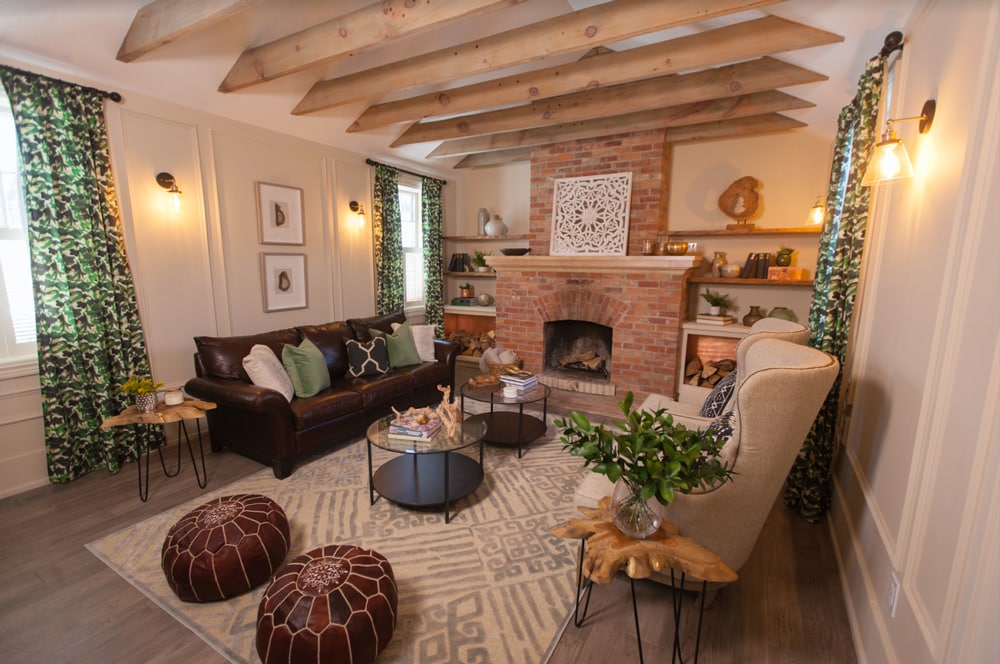
This can provide some insight into the quality of the home’s original structure.
The Renovations History
It’s important you know what changes were made, who made them and when. The house might have started out strong. But any modifications to the structure or building materials could have compromised that.
For example, older century homes didn’t have many bathroom fixtures. If a century home’s bathrooms have been updated make sure the floors have been reinforced. Has it been properly waterproofed?
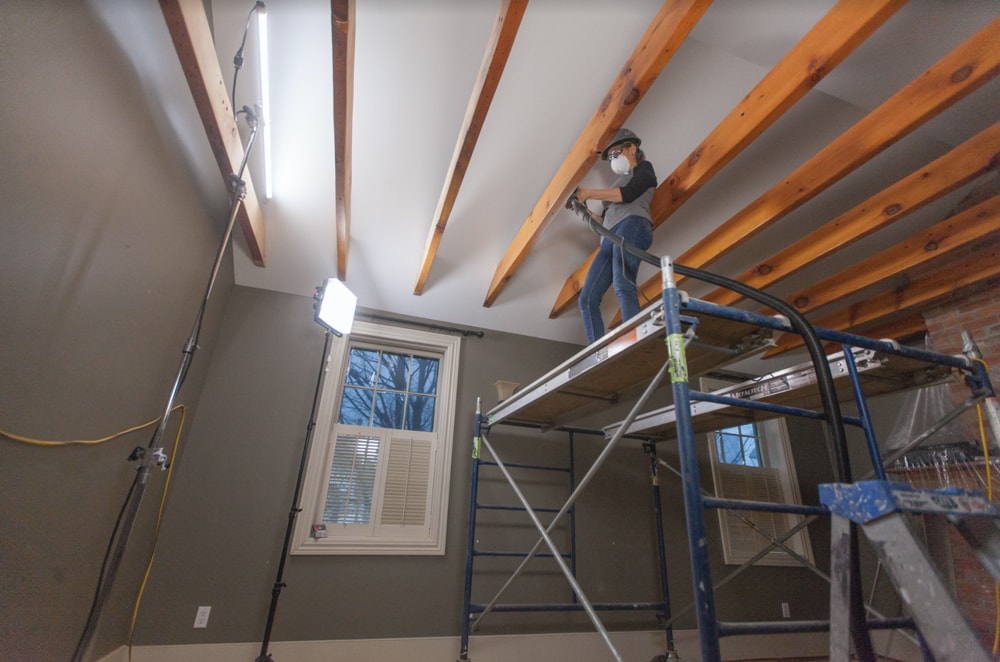
What about insulation? Most homes built before 1960 don’t have enough – especially in the attic.
RELATED
Electrical: Knob-and-Tube Wiring
Is there knob-and-tube wiring? If a house was built before 1940 it mostly likely did at some point. If it still has knob-and-tube wiring many insurance companies won’t insure it. The electrical system might also need to be updated to handle today’s electrical demands. What’s the cost? It can run close to $20,000. This is an issue you wouldn’t be dealing with in newer homes.
Health Hazard: Asbestos
Older homes also have their health hazards. Things like lead paint and asbestos. If a home was built before 1940 there’s an 87 percent chance it has lead paint. Before the 1980’s asbestos was used in all kinds building products. Asbestos is always a concern any time you’re renovating older homes.
Common Problems with Older Homes
Other common problems in older homes include:
- Rusting pipes
- Rotting beams
- Mold and termites
- Water damage
- Hazardous framing
- Uninsulated walls and ductwork
- Undermined foundations
- Damaged exteriors, such as cracks in plaster.
Never Skip The Home Inspection
Always hire a qualified home inspector to check out any home you’re thinking of buying. But especially if you’re thinking of buying an older house.
You might also want to bring in a contractor with lots of experience renovating older homes. They’ll be able to tell you what it can cost to bring the house up to code.
RELATED
These are 5 important issues with your house that a home inspection will uncover.
Is Buying An Old Home Worth It?
At the end of the day, old or new, any home will have some issues. There are older homes that are stronger and more structurally secure than new homes. But some new homes are healthier and have better energy efficiency than older homes.
Is either one better than the other? It comes down to materials, building methods used during construction and any renovations that followed.
All I’m saying is homeowners need to be aware of the potential risks. You don’t want a can of worms you can’t afford. Because if you think older means better, think again.
READ NEXT
